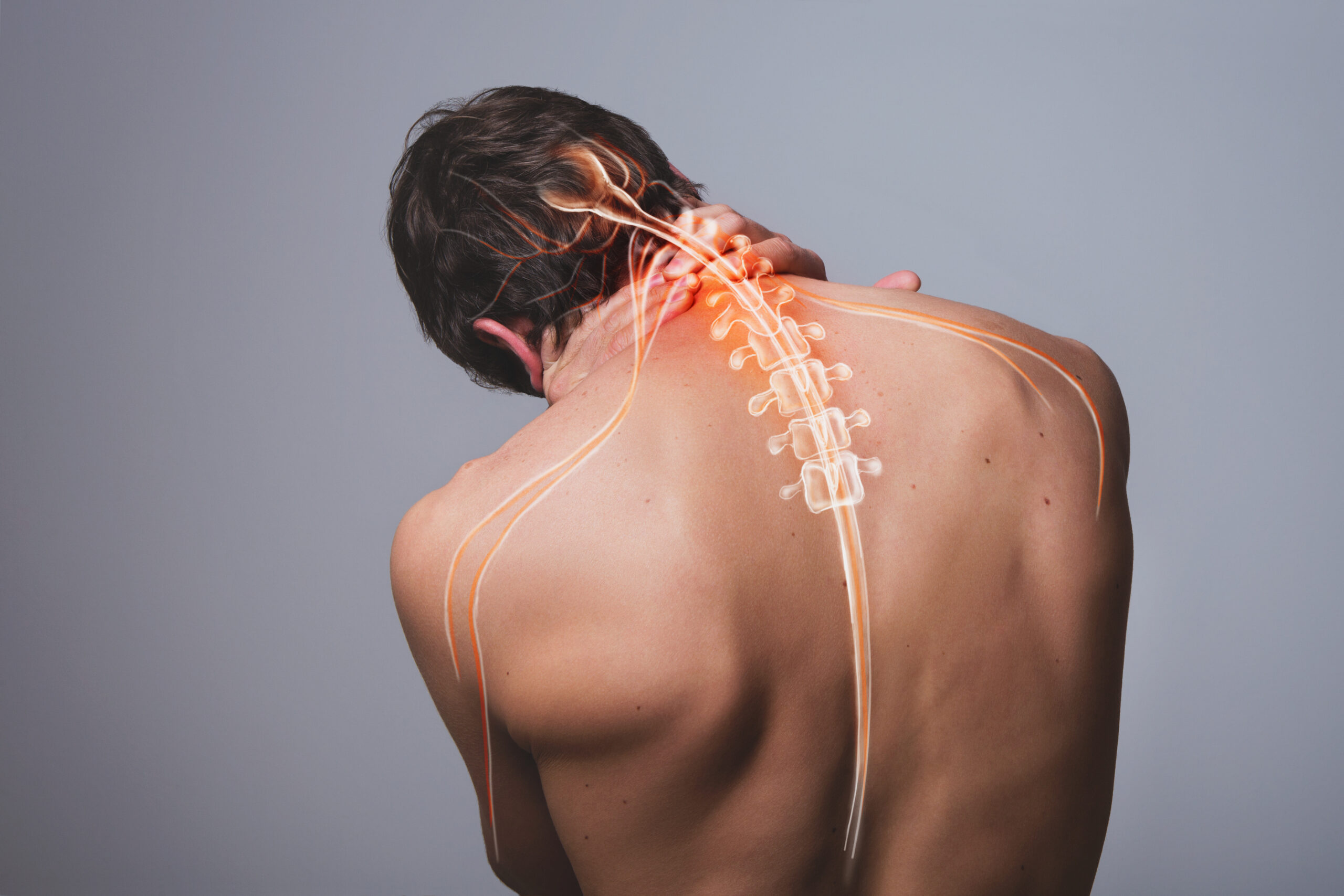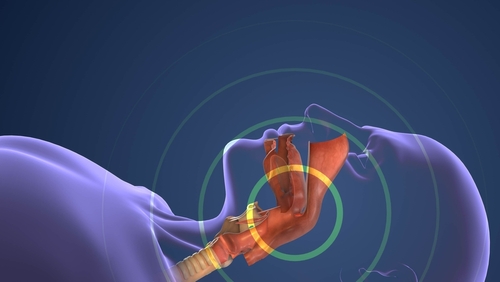
When it comes to treating chronic pain—or pain associated with surgery—clinicians are always looking for alternatives to opioids. “There are zero advantages to chronic opioid use,” says Earl Kilbride, MD, MHA, an orthopedic surgeon at the Austin Orthopedic Institute. While the US makes up about 4.4% of the global population,…

Editor's Note Children’s Health in Dallas leads the nation in pediatric orthopedic surgery, after the US News & World Report 2025–2026 Best Children’s Hospitals rankings showcased familiar national leaders across a range of pediatric specialties, D Magazine and Fierce Healthcare October 7 report. The latest results highlight continued excellence in…

Editor's Note Early blood pressure augmentation did not improve neurologic outcomes and was linked to more complications, according to a JAMA Network study published on September 18. In this multicenter randomized clinical trial at 13 US trauma centers, 92 adults with acute cervical or thoracic spinal cord injury were assigned…

Editor's Note Artificial intelligence (AI) is poised to overhaul drug development, with DeepMind CEO Demis Hassabis predicting that discovery timelines could shrink from more than a decade to just months. In a September 13 article from the Times of India, Hassabis described how AI models can identify drug candidates faster,…

Editor's Note Minimally invasive surgery (MIS) with the Artemis Neuro Evacuation Device reduced hematoma volume efficiently and lowered serious adverse events but did not improve long-term disability or mortality compared with medical management in spontaneous supratentorial intracerebral hemorrhage (ICH), JAMA Neurology September 2 reports. The “MIND randomized clinical trial” enrolled…

Editor's Note A mixed reality navigation (MRN) system for neurosurgery achieved performance comparable to traditional optical navigation (TON) in certain clinical scenarios, while significantly reducing equipment costs, according to an August 1 study published in BMC Surgery. The MRN system, built around a Microsoft HoloLens headset and infrared tracking tools,…

An estimated 22 million Americans were believed to have obstructive sleep apnea (OSA) in 2019, according to data cited in a February 2019 article published by OR Manager. At that time, up to 80% of cases were undiagnosed, and 30% to 40% of the surgical patient population was believed to…

When Betsy Grunch, MD, FAANS, FACS, FCNS, board-certified neurosurgeon known on TikTok and Instagram as @Ladyspinedoc, watched a viral video of a surgeon berating an OR nurse during a livestreamed procedure, she was incredibly bothered by the shameful display. She took to her popular platform and spoke out against that…

Editor's Note Neuromodulation is shifting from the margins to the forefront of neurological treatment, offering real-world potential to transform care for conditions like epilepsy, Parkinson’s disease, and substance use disorder. As reported by Medical Device Network on May 19, the field is seeing accelerated innovation and investment, with global market…

Editor's Note Clocking long hours has impact beyond fatigue. It may also physically reshape the brain. As reported May 13 by CNN, that is the central finding of a new study showing significant structural brain changes in overworked individuals, particularly in areas tied to emotional regulation and executive function. Conducted…